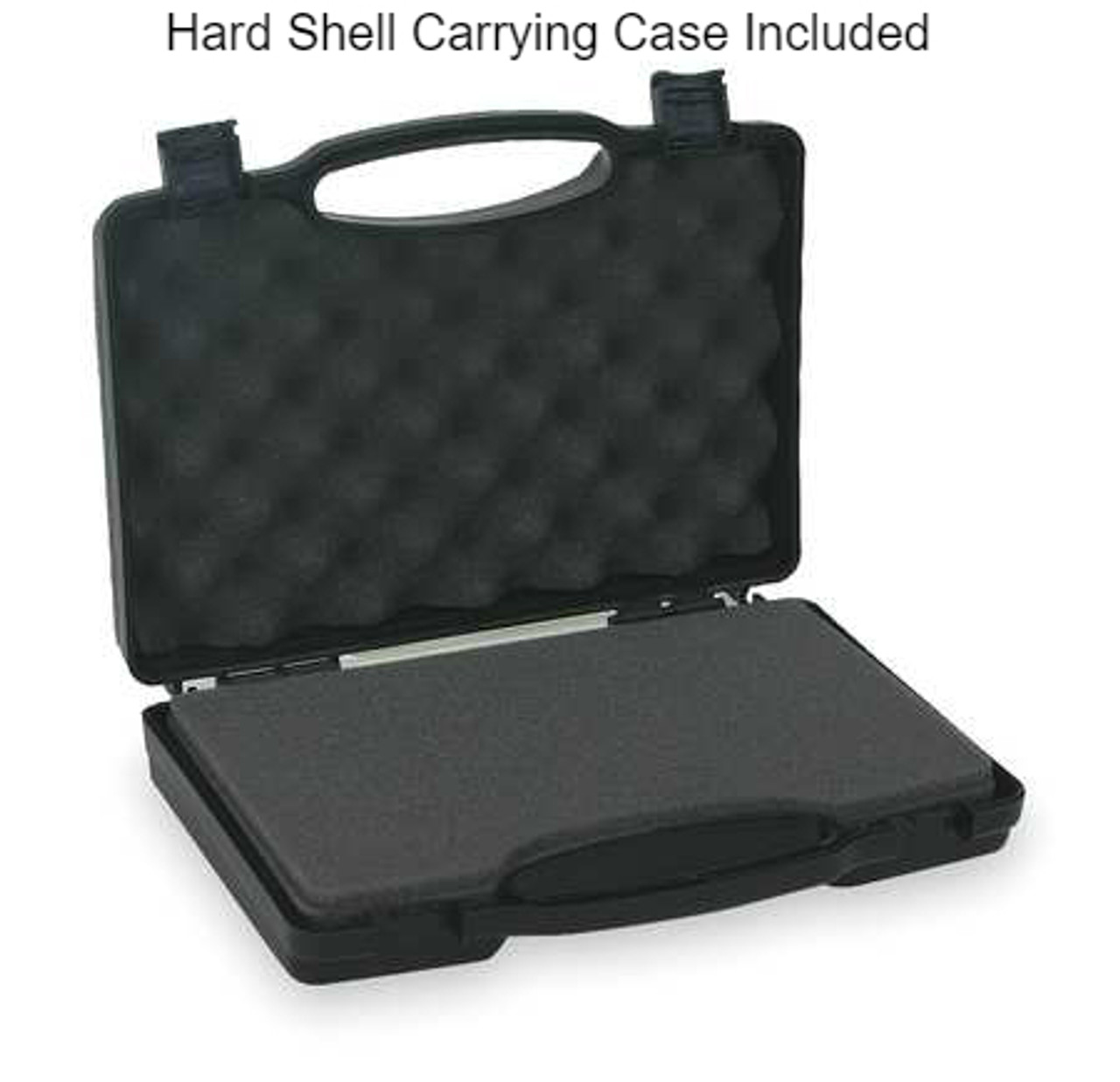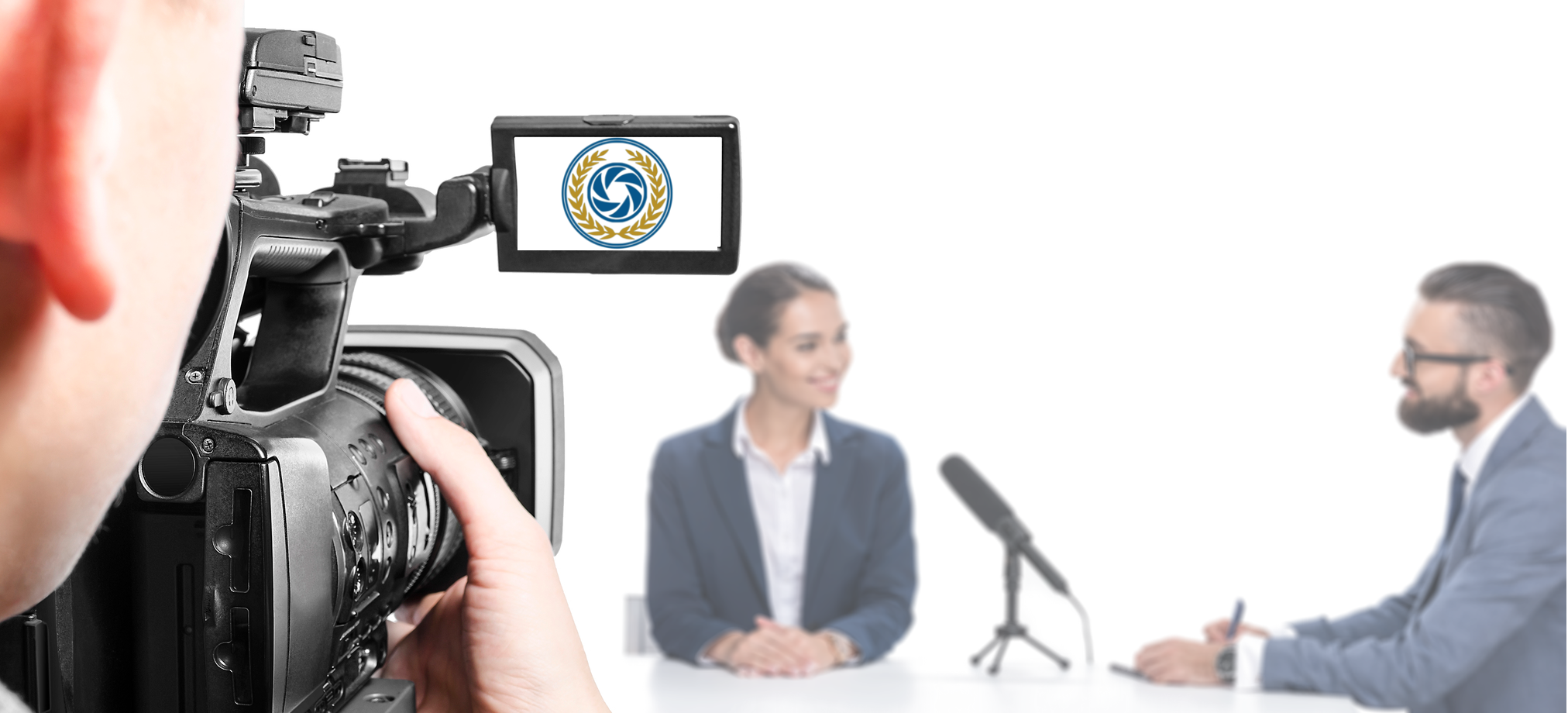How attorneys can use legal video depositions to highlight inconsistent testimony
The Relevance of Lawful Video Depositions in Modern Legal Providers: What You Need to Know
Lawful video clip depositions have actually come to be necessary in today's lawful landscape. They supply a multidimensional view of witness statements that conventional transcripts simply can not match. By catching both spoken and non-verbal interaction, these depositions improve the general understanding of a witness's reputation. Nevertheless, the efficiency of video depositions rests on different factors, consisting of compliance with lawful requirements and ideal techniques (legal video depositions). Checking out these elements reveals their real importance in modern legal services
What Are Lawful Video Depositions?
Lawful video depositions function as an essential device in the lawsuits procedure. They include taping witness statements in a video clip style, recording both non-verbal and spoken communication. This approach allows attorneys to record the demeanor, expressions, and responses of witnesses, offering a richer context for the testament. Generally carried out in a controlled environment, these depositions are led by lawyers that ask inquiries while a stenotype reporter documents the dialogue. The resulting video can be important for test preparation, as it enables attorneys to examine the credibility of witnesses and improve their techniques. Additionally, legal video depositions can be used in different legal contexts, ranging from civil conflicts to criminal situations. The aesthetic and auditory elements of video clip depositions improve the presentation of proof, making it a necessary part in the contemporary legal landscape. Overall, they add substantially to the effectiveness and effectiveness of lawful proceedings.

Benefits of Video Depositions Over Standard Approaches
Video depositions offer many benefits contrasted to standard techniques of taking witness testimonies. One substantial advantage is the capability to catch both audio and aesthetic aspects, supplying an extra complete record of the witness's declarations. This dual style improves clearness and allows lawful professionals to reference certain nuances throughout test preparation. Furthermore, video depositions help with remote involvement, making it easier for witnesses who might be unavailable for in-person looks due to geographical restrictions or wellness issues.Moreover, video clip depositions can quicken the general deposition process, minimizing the time and prices connected with traveling and logistics. They additionally enhance availability, as videotaped depositions can be quickly shared among legal teams and referenced at any kind of time. This ease adds to much better situation administration and prep work. In general, video clip depositions stand for a contemporary, reliable technique to collecting witness testaments, lining up with the advancing needs of the legal profession.
The Function of Body Movement and Tone in Testimonies

In legal video depositions, body language and tone play vital duties in communicating a witness's reliability and dependability. Nonverbal hints can offer understandings into a witness's emotional state, influencing exactly how their testament is regarded. Comprehending the impact of these components is crucial for jurors and attorneys alike when assessing the dependability of a testament.
Nonverbal Interaction Insights
While spoken communication is typically emphasized in lawful testaments, nonverbal signs such as body language and tone play a crucial role in sharing trustworthiness and emotion. Observers of depositions may keep in mind that a witness's pose, motions, and faces can substantially affect perceptions of reliability. As an example, constant eye call might indicate confidence, while avoiding stare can recommend dishonesty or pain. Similarly, the tone of voice-- its speed, pitch, and quantity-- can present feelings of genuineness or uncertainty. Lawyers should be attuned to these nonverbal signals, as they usually give critical context that matches spoken words. Understanding these subtleties can boost the efficiency of depositions and influence the end result of legal procedures.
Psychological Tone Effect
The psychological tone communicated throughout lawful statements considerably impacts how a witness is regarded. Body language, singing inflections, and facial expressions play crucial functions in forming the narrative of a testament. A witness exhibiting self-confidence through constant eye contact and a calm tone can infuse a sense of dependability and interaction. On the other hand, indicators of anxiety, such as fidgeting or an unsteady voice, might bring about apprehension regarding their account. The subtleties of psychological expression can influence the interpretation of truths, making it vital for attorneys to acknowledge these cues. In video depositions, the aesthetic and auditory parts integrate, emphasizing the significance of psychological tone in communicating genuineness and truthfulness within the legal procedure.
Integrity and Trustworthiness
A crucial consider establishing credibility and credibility during testaments depends on the witness's body language and intonation. Observers often count on non-verbal signs-- such as eye get in touch with, pose, and best site motions-- to evaluate a witness's sincerity. For circumstances, a witness who keeps eye contact and shows open body movement may be perceived as more trustworthy and honest than one that stays clear of eye get in touch with or appears shut off. In addition, intonation plays a necessary role; a steady, tranquil tone can reinforce the credibility of the statement, while variations in pitch or volume may increase questions. Inevitably, the combination of body language and vocal tone considerably influences how a witness's declarations are received and analyzed in a legal context.
Ideal Practices for Conducting Video Clip Depositions
Conducting video depositions needs cautious planning and implementation to assure a clear and efficient discussion of testimony. It is essential to choose a quiet, well-lit place to decrease interruptions and protected optimum video clip high quality. The tools ought to be examined ahead of time, including video cameras, microphones, and illumination, to stay clear of technical concerns throughout the deposition.Next, celebrations involved must review the style and procedures beforehand, making certain that everybody recognizes their roles. The deponent should be briefed on the process, including how to react clearly and concisely.Additionally, preserving an expert temperament throughout the session is necessary. This consists of avoiding talking over each other and verifying that all inquiries are directed properly. Ultimately, it is critical to record the deposition in a format that permits for very easy playback and testimonial, maintaining the integrity of the testament for future use.
Lawful Factors To Consider and Conformity Issues
Just how do lawful factors to consider and compliance concerns influence the effectiveness of video depositions? Lawful specialists have to navigate an intricate landscape of laws, guaranteeing that video depositions follow administrative guidelines and standards. Compliance with laws worrying personal privacy, authorization, and videotaping approaches is necessary. For circumstances, acquiring explicit authorization from all celebrations included is required to prevent lawful repercussions.Additionally, the admissibility of video clip evidence in court can depend upon conformity with step-by-step needs. Making certain that the devices made use of meets technological criteria is additionally essential, as inadequate quality can weaken the deposition's reliability.Moreover, attorneys have to recognize any details state laws that govern video depositions, as these can vary greatly. Failure to address these considerations can not just threaten the honesty of the deposition however also affect the general instance approach, eventually influencing the client's legal outcomes.
Exactly How Video Depositions Effect Jury Perception
While video my review here clip depositions can serve as powerful devices in lawful process, their influence on court perception is considerable. The aesthetic and acoustic aspects of video clip recordings give jurors with an extra thorough understanding of witness attitude, trustworthiness, and psychological responses. This multimedia method can boost the jurors' ability to evaluate the integrity of testament compared to conventional text-based transcripts.Moreover, video clip depositions enable jurors to observe body movement, tone of voice, and faces, all of which can impact their analysis of the witness's declarations. The visibility of a witness on display can humanize them, fostering empathy and connection, which might guide jurors' point of views. On the other hand, a witness who shows up untrustworthy or evasive on video might lead to negative understandings that affect a jury's choice. Inevitably, the vibrant nature of video clip depositions plays a vital duty fit just how jurors analyze proof and reach their judgments.
The Future of Video Clip Depositions in Legal Practice
As advancements in technology remain to improve the lawful landscape, the future of video clip depositions is poised for substantial evolution. Innovations such as expert system, digital fact, and enhanced video clip conferencing tools are expected to improve the deposition process and improve accessibility. Lawyers may make use of AI-driven analytics to analyze witness reliability and situation strength more effectively.Moreover, the assimilation of online truth could enable juries to experience immersive simulations of depositions, providing much deeper context and understanding. why not look here Furthermore, the trend towards remote depositions is most likely to continue, offering better versatility for attorneys and customers alike.As remote job becomes increasingly normalized, video clip depositions will likely become standard technique, decreasing costs and time restraints connected with traditional approaches. In general, these technical improvements promise to boost the effectiveness, performance, and availability of video depositions in lawful practice, inevitably transforming how lawyers plan for test.
Frequently Asked Inquiries
Just How Much Do Lawful Video Depositions Normally Cost?

Can Video Depositions Be Made Use Of in Any Type Of Type of Situation?
Video clip depositions can be used in different types of situations, including civil, criminal, and household regulation. Their flexibility enables lawyers to existing witness testimonies successfully, adjusting to the specific requirements of various legal scenarios.
What Equipment Is Needed for a Video Deposition?
To carry out a video clip deposition, essential devices consists of a top notch camera, microphone, lighting, and a reputable recording tool. In addition, a computer with editing software may be needed for post-production and formatting the last video clip.
For how long Does a Regular Video Clip Deposition Last?
A typical video deposition lasts between 2 to four hours, depending upon the intricacy of the case and the number of questions positioned. Prolonged sessions may occur, but breaks are typically incorporated for participant comfort.

Are Video Clip Depositions Admissible in Court?
Video clip depositions are usually permissible in court, given they follow lawful criteria and regulations of proof. Their use improves clarity and preserves witness testimony, aiding in the judicial process throughout tests and hearings. Legal video depositions have actually come to be necessary in today's lawful landscape. Furthermore, legal video clip depositions can be made use of in different legal contexts, ranging from civil conflicts to criminal cases. Furthermore, video clip depositions promote remote engagement, making it much easier for witnesses who might be not available for in-person appearances due to geographical constraints or wellness issues.Moreover, video depositions can expedite the total deposition process, reducing the time and prices linked with travel and logistics. Ensuring that the tools utilized meets technological standards is additionally crucial, as poor top quality can weaken the deposition's reliability.Moreover, lawyers need to be aware of any kind of particular state regulations that regulate video clip depositions, as these can vary substantially. Furthermore, the fad toward remote depositions is most likely to continue, providing greater flexibility for lawyers and clients alike.As remote work comes to be progressively stabilized, video depositions will likely end up being standard method, reducing expenses and time restraints associated with standard methods.